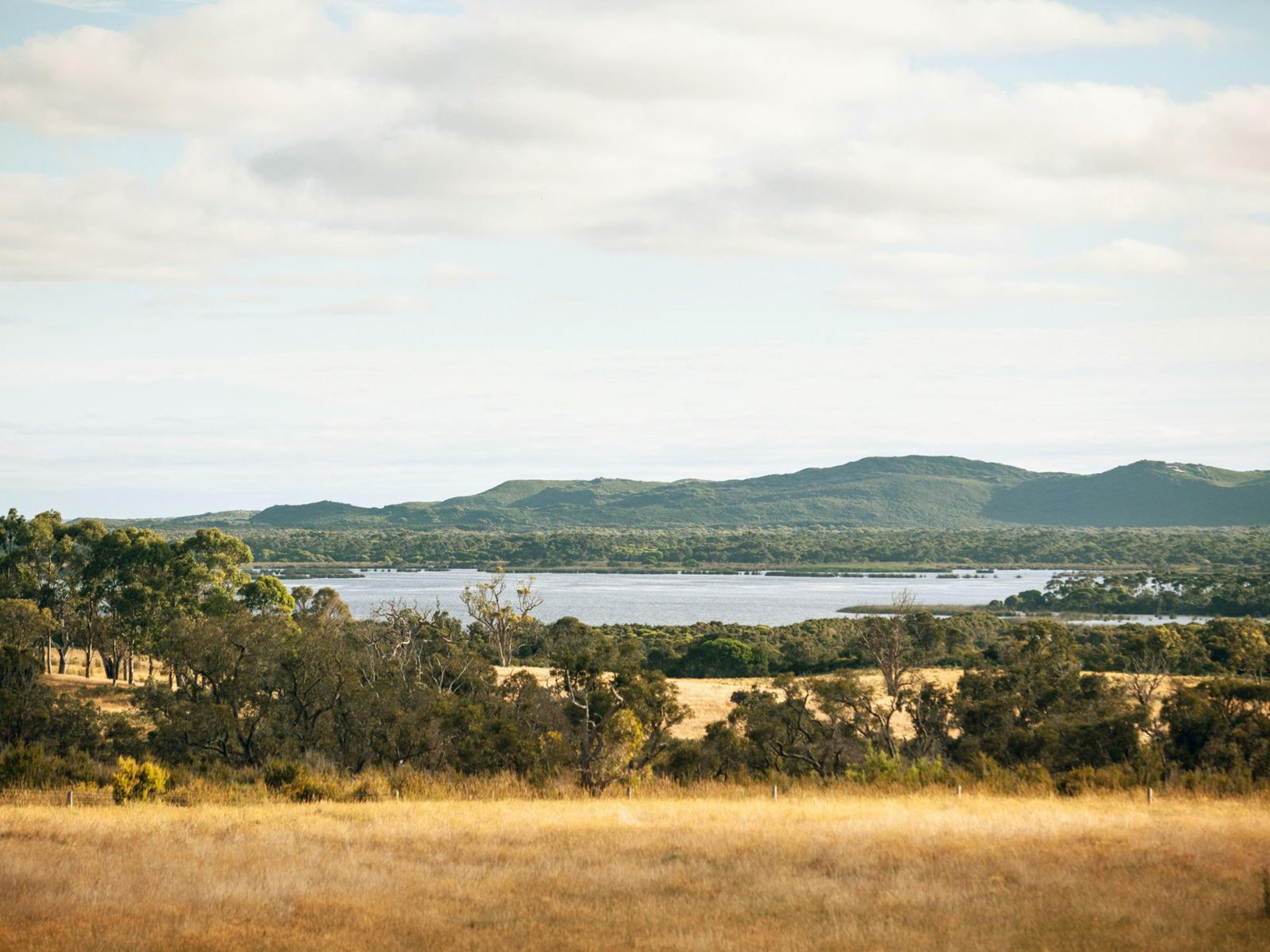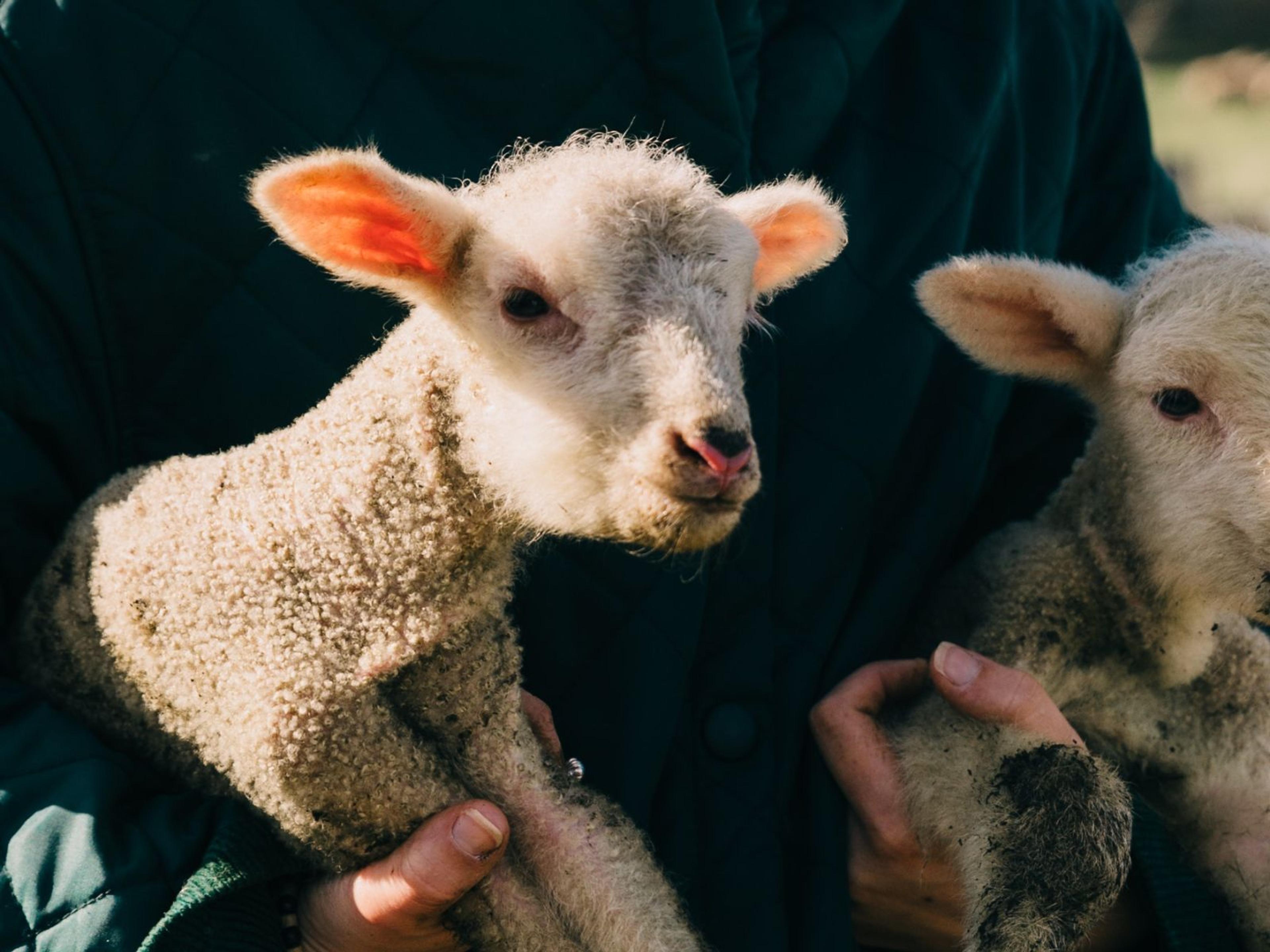A Toolkit for a Regenerative Finance Paradigm
When investment decks come across your desk and/or you're making decisions about funding allocations and capital deployment, draw on some of the tools and prompts we have provided below to help sense-check your thinking and inform your decisions.
Principles for Navigating a Regenerative Finance Paradigm
Lean into our principles for navigation — gleaned from the experience of those working to transform our food, farming and fibre systems.
They are designed to probe, deepen and guide our wayfinding through investing, relating, innovating and thinking:
- Relationships are all
- Move at the speed & depth of trust
- Collaboration
- Humility
- Integration
- Terroir
Regeneration Checklist by Paul Hawken
- Does the action create more life or reduce it?
- Does it heal the future or steal the future?
- Does it enhance human well-being or diminish it?
- Does it prevent disease or profit from it?
- Does it create livelihoods or eliminate them?
- Does it restore land or degrade it?
- Does it increase global warming or decrease it?
- Does it serve human needs or manufacture human wants?
- Does it reduce poverty or expand it?
- Does it promote fundamental human rights or deny them?
- Does it provide workers with dignity or demean them?
- In short, is the activity extractive or regenerative?
4 Paradigm Levels of Investment
Investigate our take on the 4 Paradigm Levels of Investment and ask yourself:
- Which paradigm level does this investment opportunity sit in, Value Return, Arrest Disorder, Do Good or Regenerate Life?
- Can it be reconfigured so it shifts towards Regenerate Life?
3 Horizons Framework
Explore our outline of the 3 Horizons Framework and ask yourself:
Where does this investment opportunity sit in the 3 Horizons Framework? Is it a pocket of the regenerative future we need here in the present (Horizon 3)? Or is it a transitional play in Horizon 2, and if so, what would need to change to move into transformation?
Indigenous First Impact Framework: Investor Readiness Checklist
When contemplating investment in Indigenous investments, use the following checklist developed by First Australians Capital & Indigenous Impact.
01. Engage in truth- telling
Do I/my organisation understand or could we better understand the systemic structural barriers that lock Indigenous people and communities out of economic and social development?
02. Acknowledge the creative & cultural capacity of Indigenous people
Do I/my organisation recognise or are we open to the value creative and cultural capital brings to economic development in existing and emerging industries?
03. Understand self-determination
Do I/my organisation understand the role and purpose of self-determination in impact investing and why it must be empowered and upheld or do we need to understand it further?
04. Reflect on your role in empowering the Indigenous economy
What role do I/my organisation play, or could play in empowering the Indigenous economy? What power do I hold (networks, capital, resources etc.) ? How can I use that power to elevate the voices of Indigenous enterprises over my own?
05. Find the right partner/s to support your development
Who are the right people/networks/ consultants to support the implementing of this framework for our organisation and support building the Indigenous business economy? (Hint: They should be Indigenous)
Rebecca Gorman's 8 Guiding Questions
Reflect on 8 Guiding Questions from farmer and philanthropist, Rebecca Gorman. Generated from prominent thinkers in the regenerative agriculture industry and her own experience, these questions will support you to make investment decisions that transform systems, rather than perpetuate the status quo.
Our Abridged Version of 78 Reasonable Questions to Ask about Any Technology
When considering investment in technology, review the questions below. They are just a handful of the 78 Reasonable Questions to Ask about Any Technology that are in the book, Turning Away from Technology, by Stephanie Mills and originally derived from 76 questions that were written by Jacques Ellul:
- Does it serve community?
- Does it empower community members?
- Does it serve to commodify knowledge or relationships?
- What values does its use foster?
- What is lost in using it?
- Where must it go when it’s broken or obsolete?
- What is the entirety of its cost — full cost accounting?
- Does it concentrate or equalise power?
- Does it break the bond of renewal between humans and nature?
- Does it preserve or reduce cultural biodiversity?
This article is an extract from Regenerating Investment in Food and Farming: A Roadmap.
Image credit (left): Third Eye Photography

